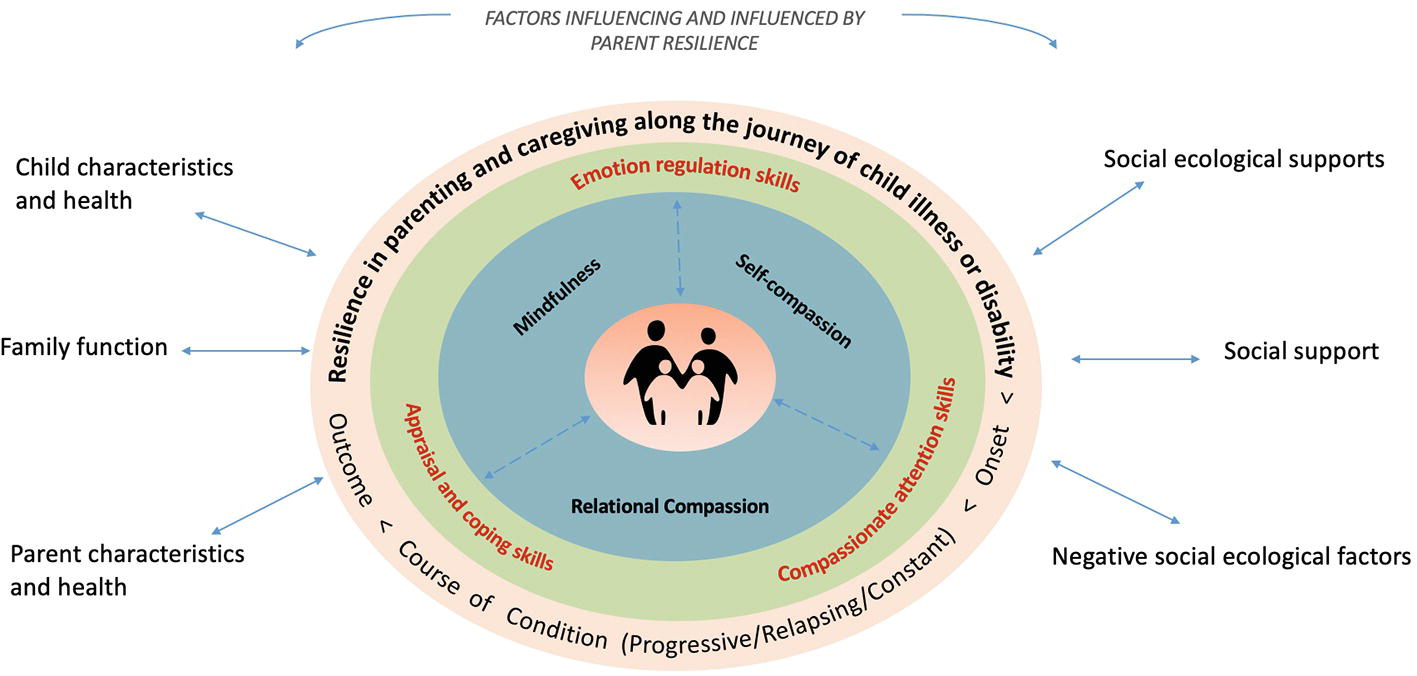Understanding the Power of Presence
Mindful parenting isn’t about perfection; it’s about cultivating presence and awareness in your interactions with your children. It’s about being fully engaged in the moment, rather than letting your mind wander to to-do lists or worries. This means truly listening to your child when they talk, observing their body language, and connecting with them on an emotional level. It’s about shifting from a reactive to a responsive parenting style. Instead of automatically snapping at a tantrum, you pause, breathe, and then respond with empathy and understanding.
The Stress-Reducing Benefits of Mindfulness for Parents
Parenting is undeniably stressful. Between work, household chores, and the endless demands of raising children, it’s easy to feel overwhelmed. Mindfulness practices, such as meditation and deep breathing exercises, can help you manage stress more effectively. By regularly incorporating these techniques into your routine, you’ll build resilience and reduce the likelihood of snapping at your kids or resorting to harsh disciplinary methods. This calmer, more centered state benefits not only you but also creates a more peaceful atmosphere for your children.

Improving Communication Through Mindful Listening
Effective communication is crucial for healthy parent-child relationships. Mindful listening involves paying attention not just to the words your child is saying, but also to their emotions and unspoken messages. Try to put aside your own thoughts and judgments and truly hear what your child is trying to communicate. This active listening fosters a sense of being heard and understood, strengthening your bond and reducing conflict. It also helps you understand the root cause of their behavior, rather than just reacting to the surface level.
Cultivating Empathy and Compassion
Mindful parenting encourages empathy and compassion, both for yourself and your children. When you approach parenting with a mindful perspective, you’re more likely to understand your child’s perspective, even when their behavior is challenging. This doesn’t mean condoning negative behavior, but it does mean responding with understanding and compassion. Recognizing that children are still developing emotionally and socially helps you to respond with patience and support rather than frustration and anger. Similarly, practicing self-compassion allows you to forgive yourself for mistakes and approach parenting with more kindness.
Managing Your Own Emotions Mindfully
Before you can effectively manage your children’s emotions, you need to manage your own. Mindfulness helps you become more aware of your emotional state and triggers. By recognizing your own emotional patterns, you can develop strategies for coping with stress and avoiding reactive behavior. This might involve taking a few deep breaths before responding to a challenging situation, stepping away for a few minutes to calm down, or practicing self-soothing techniques like listening to calming music or engaging in a relaxing activity. This emotional regulation sets a positive example for your children.
Building Stronger Parent-Child Bonds
When you practice mindful parenting, you create a more secure and loving environment for your children. The increased presence, empathy, and understanding fostered by mindfulness strengthens the parent-child bond. Children feel safer, more loved, and more understood when their parents are present and emotionally available. This leads to increased trust and open communication, creating a more positive and supportive family dynamic. The benefits extend far beyond childhood, fostering healthier and stronger relationships into adulthood.
Practical Mindfulness Exercises for Parents
Incorporating mindfulness into your daily routine doesn’t require hours of meditation. Start small with simple practices like mindful breathing exercises throughout the day. Try focusing on the sensation of your breath as you inhale and exhale, anchoring yourself in the present moment. Engage in mindful activities with your children, such as paying close attention to the sensations of playing together or sharing a meal without distractions. Even a few minutes of mindful awareness can significantly impact your overall state of being and your interactions with your children.
The Long-Term Impact on Children’s Wellbeing
The benefits of mindful parenting extend far beyond immediate stress reduction. Children raised with mindful parents tend to develop better emotional regulation skills, increased self-awareness, and stronger coping mechanisms for stress. They are more likely to develop healthy relationships and possess greater emotional intelligence. These positive outcomes contribute to their overall well-being and success throughout life, creating a ripple effect of positivity that extends to future generations. Click here to learn more about the mindful parenting program.
